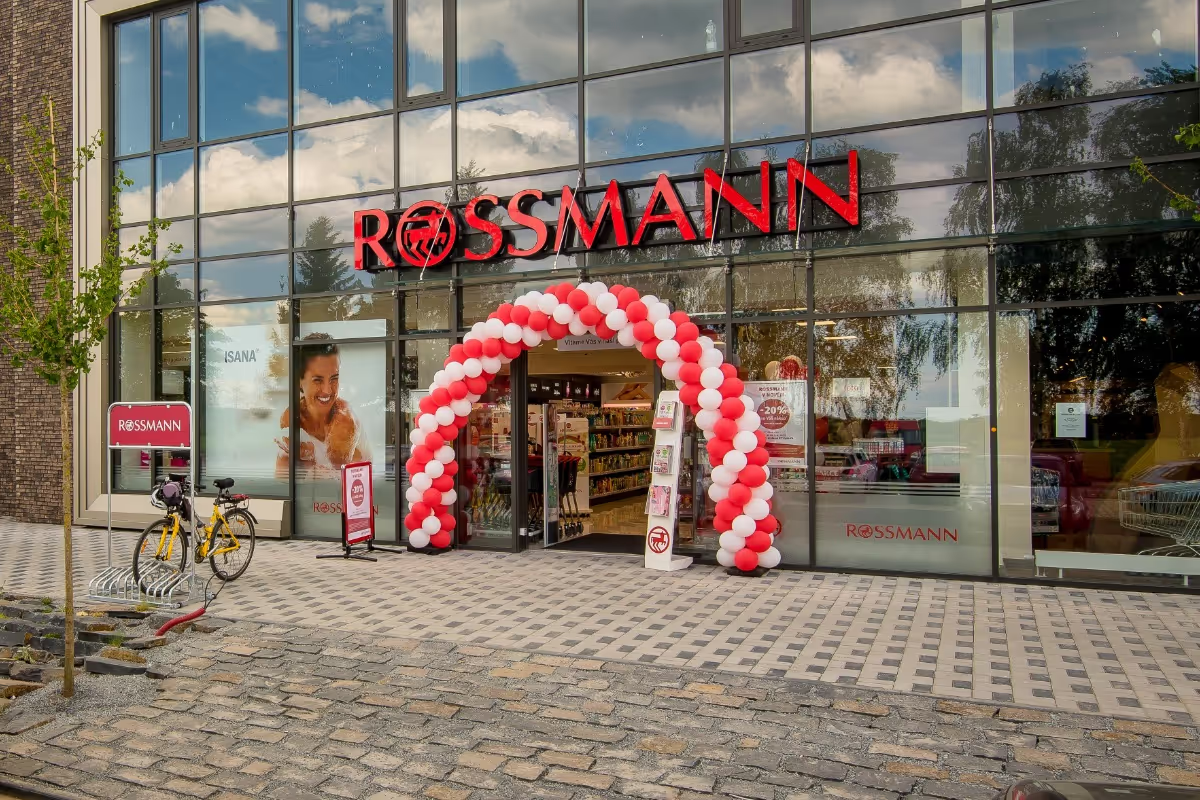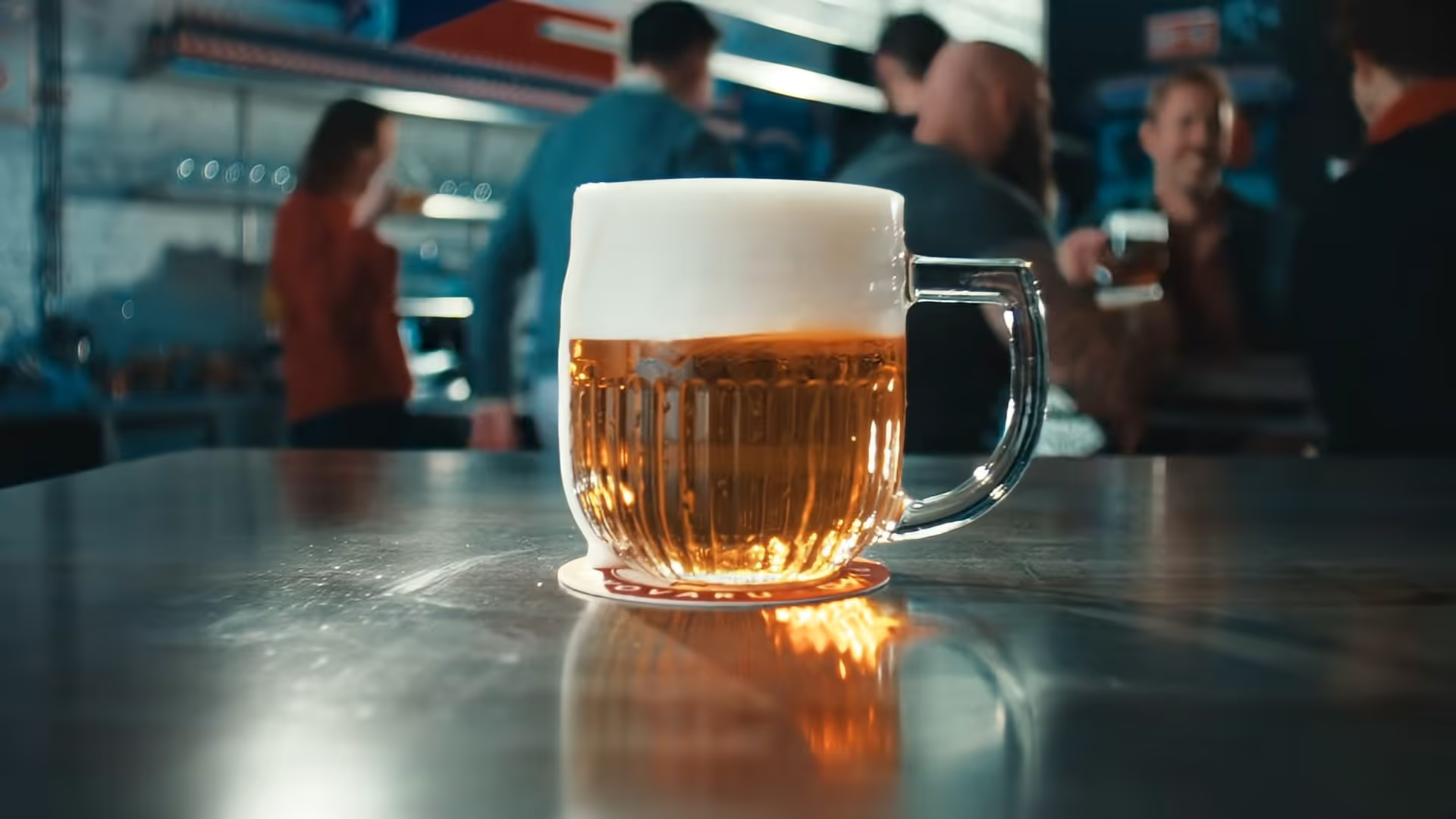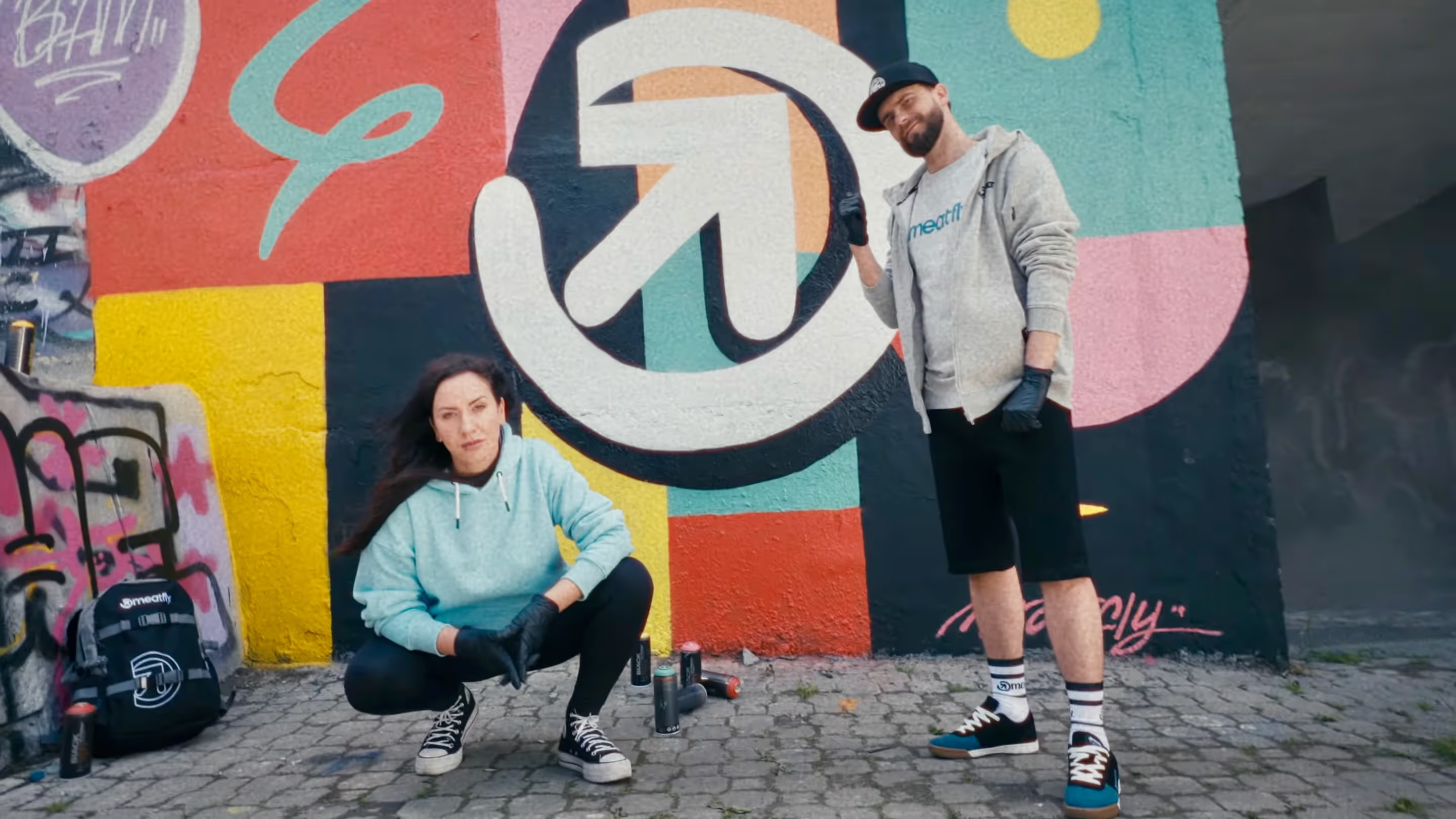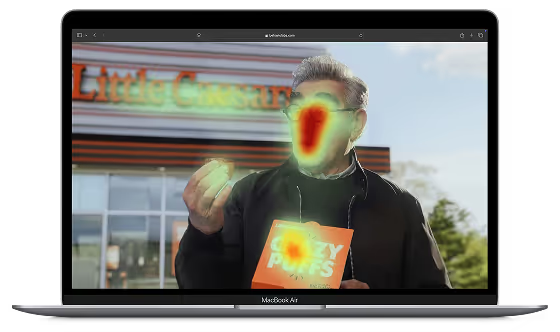Background
Rossmann is a major European drugstore chain founded in Germany in 1972, operating over 4,000 stores across several countries and maintaining a visible presence in the Czech market.
Rossmann has become a fixture in retail, combining a strong store presence with a recognizable brand identity. It has built its image around care, products for daily well-being, and a strong in-store plus digital loyalty experience.
Pain Point
Even strong retailers, however, need to check their brand health locally. They need to keep a regular finger on the pulse of the local market so marketing and category teams always know where the brand stands.
A brand manager needs reliable, ongoing evidence to spot early slippage, measure the impact of marketing initiatives, and make budget and creative decisions with confidence – which is why a continuous brand-tracking solution was a natural fit.
Behavio's Insight
Rossmann approached Behavio to implement a tailored brand-tracking setup focused on the most important brand metrics – from awareness and likeability to salience.
The tracking measured what the general population, as well as category buyers, associate with the Rossmann brand and how that evolves over time. It answers some of the most pressing questions like:
- Does our brand elicit positive emotion?
- Are we top-of-mind for most consumers?
- Is our competition eroding our hard-earned market position?
Reporting delivered clear, regular signals (not just one-off snapshots) in a concise dashboard and overviews of how healthy the brand is overall and whether the marketers need to watch out for warning signs.
Outcome
The tracking confirmed what the Rossmann team suspected – sticking to their distinctive brand assets has helped them remain relevant in the local market.
Behavio’s regular updates gave Rossmann practical evidence to defend their brand choices and faster, clearer input for marketing decisions.
For international marketers, the lesson is simple: disciplined brand tracking turns local market uncertainty into timely, low-friction decisions. And Rossmann continues to use those signals to stay on top of things.
















